ANTD.VN - Lending interest rates may fall sharply by 100 - 150 basis points from now until the end of the year, but experts also note the negative impacts of the continuous increase in exchange rates in recent times.
In a recently published report on the currency market, VNDirect Securities experts said that deposit interest rates continued to decline in August 2023. The average 12-month deposit interest rate of commercial banks decreased by 0.5 percentage points compared to the end of July to 5.9%/year (down nearly 2 percentage points compared to the beginning of 2023).
The decline in deposit interest rates was driven by excess system liquidity amid weak credit demand and the Government's expansionary fiscal policy.
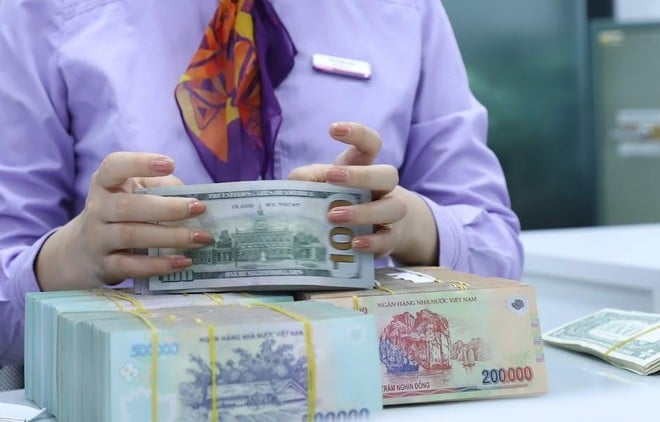 |
Interest rates on Vietnamese dong are falling, but exchange rate pressure is increasing. |
VNDirect experts expect lending interest rates to decrease more significantly in the last months of 2023. The reason is that the capital costs of commercial banks are decreasing thanks to the impact of the State Bank's operating interest rate cuts in the first 6 months of 2023, and the State Bank's issuance of Circular 02 allowing the extension of bad debt provisioning.
“We expect lending interest rates to decrease by another 100-150 basis points in the coming months and believe that the decrease in lending interest rates will be a factor promoting the recovery of private consumption and investment,” VNDirect’s report stated.
However, experts also warned of continued pressure on exchange rates as the dollar strength index (DXY) continued to rise.
The USD's rise was fueled by concerns that the US Federal Reserve (Fed) may raise its benchmark interest rate once more this year and rising US government bond yields as the US government ramps up issuance to cover its budget deficit.
The strengthening USD has put pressure on the VND exchange rate, pushing the interbank USD/VND exchange rate to 24,073 as of September 5, 2023 (up 1.6% compared to the end of July 2023 and up 1.9% compared to the beginning of this year).
At the same time, the USD also appreciated against most currencies in the region, including Thailand (up 2.5% YTD), China (up 5.5% YTD) and Malaysia (up 5.9% YTD).
According to experts, the recent increase in exchange rates has had mixed effects on the economy .
The increase in exchange rate puts more pressure on foreign debt repayment (especially in the private sector), and at the same time, increases inflationary pressure due to increased import prices of input materials and consumer goods. Therefore, the greater the pressure on exchange rate, the narrower the room for further easing of domestic monetary policy.
However, the State Bank will still have supporting factors to stabilize the exchange rate this year, including: high trade surplus, stable FDI and remittance flows, and additional foreign currency supply from divestment of shares to foreign investors.
“Stabilizing the exchange rate within a suitable range will minimize negative impacts and improve the competitiveness of Vietnam's exports. We believe that a moderate depreciation of the VND against the USD (<3%) will boost export activities (increase the competitiveness of Vietnam's exports). In addition, we believe that this is unlikely to cause a strong flow of foreign investment capital out of Vietnam” – VNDirect experts assessed.
Source link





![[Photo] National Assembly Chairman Tran Thanh Man received a delegation of the Social Democratic Party of Germany](https://vphoto.vietnam.vn/thumb/1200x675/vietnam/resource/IMAGE/2025/10/28/1761652150406_ndo_br_cover-3345-jpg.webp)
![[Photo] Draft documents of the 14th Party Congress reach people at the Commune Cultural Post Offices](https://vphoto.vietnam.vn/thumb/1200x675/vietnam/resource/IMAGE/2025/10/28/1761642182616_du-thao-tai-tinh-hung-yen-4070-5235-jpg.webp)
![[Photo] Flooding on the right side of the gate, entrance to Hue Citadel](https://vphoto.vietnam.vn/thumb/1200x675/vietnam/resource/IMAGE/2025/10/28/1761660788143_ndo_br_gen-h-z7165069467254-74c71c36d0cb396744b678cec80552f0-2-jpg.webp)




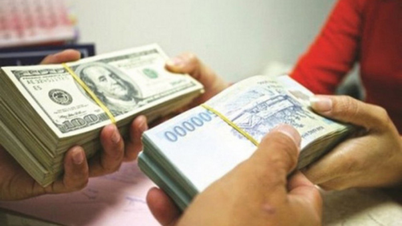

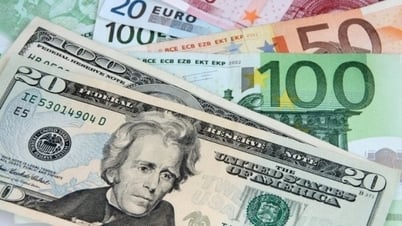
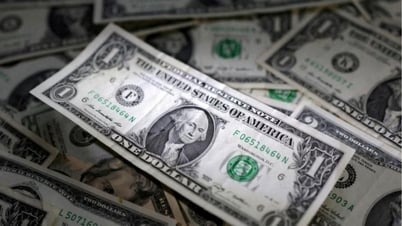
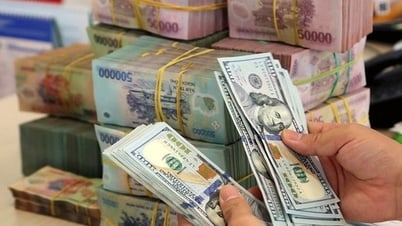








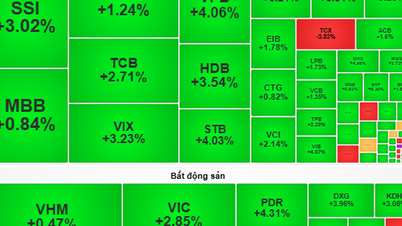






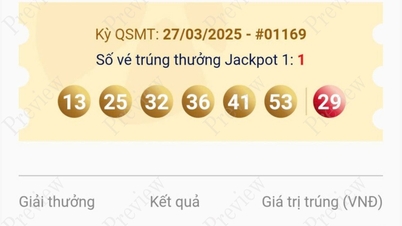



![[Photo] President Luong Cuong attends the 80th Anniversary of the Traditional Day of the Armed Forces of Military Region 3](https://vphoto.vietnam.vn/thumb/1200x675/vietnam/resource/IMAGE/2025/10/28/1761635584312_ndo_br_1-jpg.webp)




































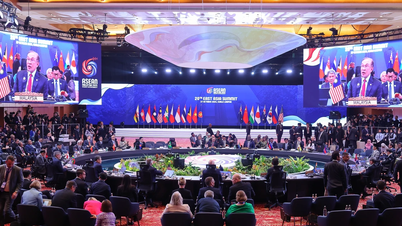

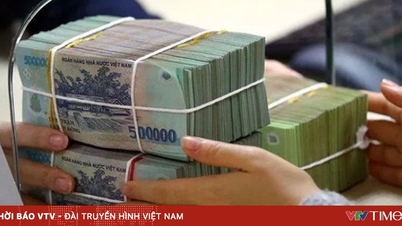



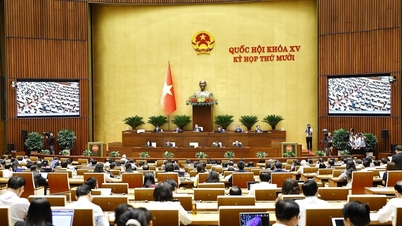





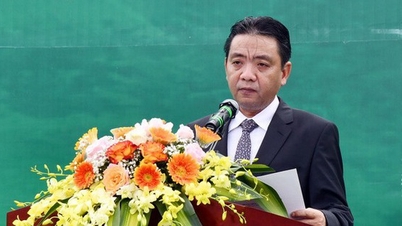
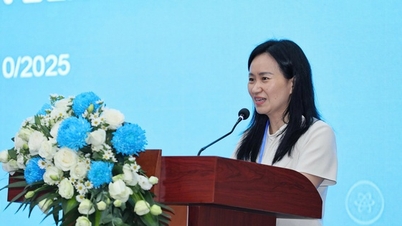












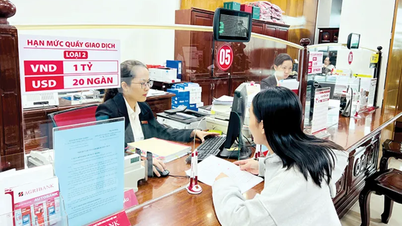















Comment (0)